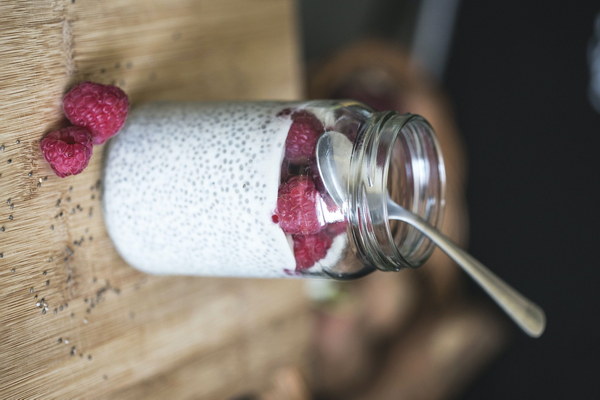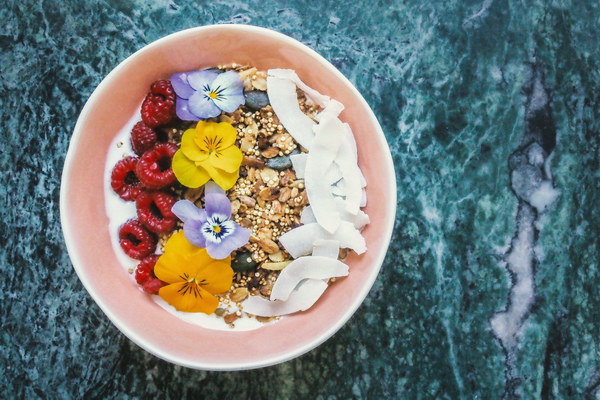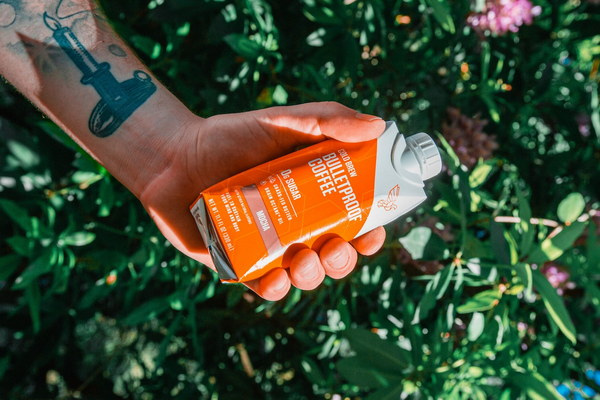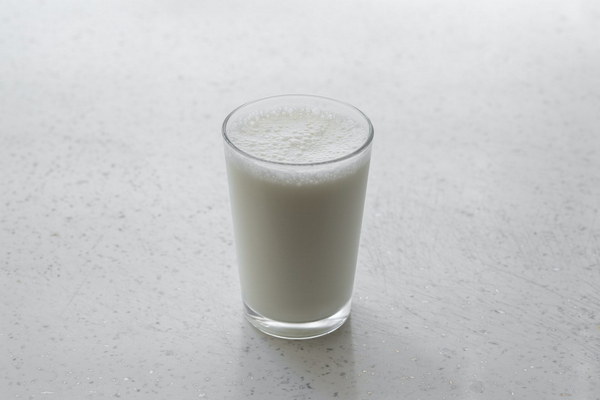Nature's Remedies A Guide to Moisture-Wicking Herbs and Foods for Wellness
In the pursuit of holistic health and vitality, addressing body moisture, or dampness in traditional Chinese medicine, is of paramount importance. Excess moisture in the body can lead to a range of discomforts and imbalances, including fatigue, digestive issues, and joint pain. This article explores natural remedies in the form of herbs and foods known for their moisture-wicking properties, offering a path to wellness and balance.

Understanding Dampness
Dampness in Chinese medicine refers to an excess of fluid or moisture in the body that can disrupt the normal flow of Qi (vital energy) and lead to various health problems. Symptoms of dampness include:
- Persistent fatigue
- Weight gain, especially around the abdomen
- Poor digestion and bloating
- Joint or muscle pain
- Mucus production and respiratory issues
- Mental fog and lack of focus
Herbal Remedies for Dampness
Herbs have been used for centuries to support the body's natural processes and alleviate dampness. Here are some key herbs known for their moisture-wicking properties:
1. Astragalus (Huang Qi): A well-known immune-boosting herb, Astragalus helps to strengthen the body's defenses against dampness and support overall health.
2. Cinnamon (Rou Gui): Cinnamon has warming properties that can help to expel dampness from the body and improve circulation.
3. Poria (Fu Ling): Poria is a potent diuretic that helps to drain dampness from the body, while also supporting kidney function.
4. Cassia Bark (Chen Pi): This herb helps to regulate digestion and reduce dampness in the body, aiding in weight loss and improved metabolic function.
5. Goji Berries (Gou Qi Zi): Goji berries are rich in antioxidants and help to nourish the liver and kidneys, which are important organs in the management of dampness.
Foods for Dampness
A balanced diet can play a significant role in managing dampness. Here are some foods known for their moisture-wicking properties:
1. Cabbage: Cabbage is a cooling vegetable that can help to drain dampness from the body.
2. Pumpkin: Pumpkins have a diuretic effect and are beneficial for reducing dampness.
3. Asparagus: Asparagus is a natural diuretic and can help to eliminate excess moisture from the body.
4. Millet: Millet is a nourishing grain that can help to balance the body’s moisture levels.
5. Garlic: Garlic has been used for centuries to support digestion and reduce dampness.
Practical Tips for Managing Dampness
In addition to herbal remedies and dietary adjustments, here are some practical tips for managing dampness:
- Regular Exercise: Engaging in regular exercise can help to improve circulation and reduce dampness.
- Avoid Cold and Wet Environments: Minimize exposure to cold and damp environments, as they can exacerbate dampness.
- Stay Hydrated: Drink plenty of water to support kidney function and help to eliminate excess moisture.
- Mind Your Sleep: Ensure you get adequate sleep, as poor sleep can contribute to dampness.
In conclusion, addressing body moisture or dampness is an important aspect of achieving holistic health. By incorporating moisture-wicking herbs and foods into your routine, as well as adopting healthy lifestyle habits, you can take significant steps towards balancing your body’s moisture levels and promoting overall wellness.









